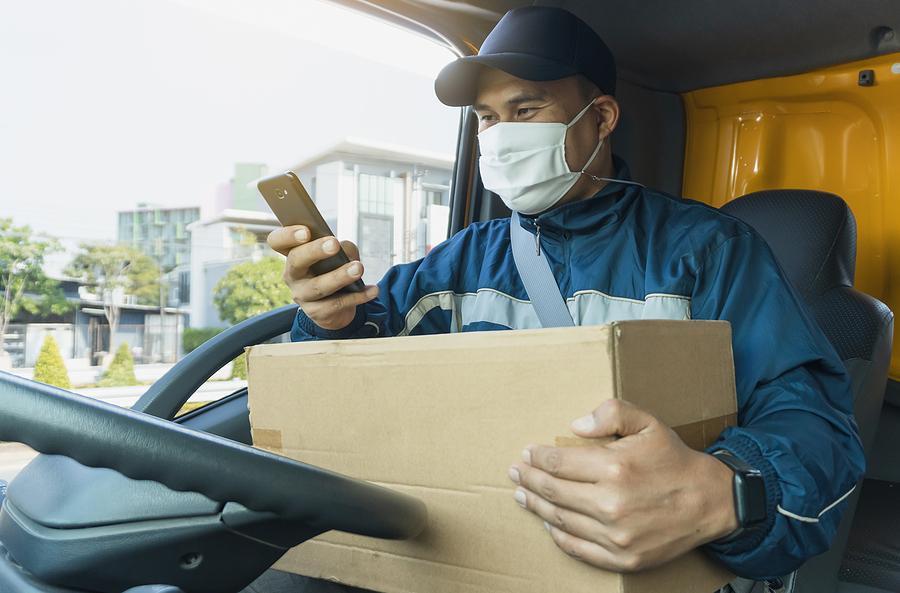The Mayor of London, Sadiq Khan, has announced a scrappage scheme designed to help remove the most polluting vans from London’s streets.
Scrappage scheme to start with micro businesses 
The new £23 million scheme will help smaller business owners scrap older, more polluting vans and switch to cleaner vehicles in preparation for central London’s Ultra-Low Emission Zone (ULEZ), which comes into effect on 8th April 2019 and will be the toughest emission standard adopted by any city in the world.
It’s estimated that half of the UK’s roads that exceed legal pollution limits are situated in London, and that at present, vehicles account for nearly 50% of London’s toxic NOx air emissions.
The launch of the ULEZ will mean the owners of vehicles that don’t meet stricter emission standards will face charges that apply 24 hours a day, 365 days a year. Diesel vans which do not meet the latest Euro 6 standard will have to pay £12.50 a day to drive in central London.
Initially targeted towards London’s micro-businesses (those with fewer than 10 employees), the scheme will encourage businesses to switch to the cleanest vehicles, including electric.
It’s the latest step in in the Mayor’s campaign to tackle air pollution, which not only affects climate change but also causes 40,000 premature deaths across the country each year. It also increases the risk of asthma, cancer and dementia, estimated to cost £20 billion every year.
Under the new scheme, funding will be available for those scrapping vans that would be driven into the ULEZ regularly, but do not meet the new ULEZ standards. The Mayor has asked officials and TfL to work out how the money could be spent most effectively, and further details of the scheme will be available next year.
He has also urged the Government to match-fund the scheme with £23 million of Government money, funded either from the £245 million National Clean Air Fund or from underspend on Highways England’s £75 million air quality fund.
This match-funding would enable City Hall to put in place further scrappage support for other Londoners, including those on low incomes and charity vehicles, and give ministers the evidence they need to consider other city or national scrappage schemes.
Tackling a national crisis at city level
The ULEZ and scrappage scheme are the latest of the Mayor’s measures to tackle pollution in the capital, from cleaning up the bus fleet to introducing a Toxicity Charge in central London for the oldest polluting vehicles. He sees air pollution as a national health crisis.
“To truly get a grip on our lethal air, we need to take bold action to rid our city of the most polluting vehicles,” said the Mayor.
“It’s not good enough to do nothing, and I’m determined to take real action… my scrappage scheme is my next step in tackling pollution.”
The AA and the RAC have both welcomed the scrappage scheme. Steve Gooding, director of the RAC Foundation, said that focusing on vans and smaller businesses makes sense, as vans are likely to do far more miles than cars and smaller businesses are likely to have limited cash flow. Edmund Kind, president of the AA, said:
“Some small businesses that cannot afford to switch their vans to cleaner Euro 6s have been taking the hit from higher road use charges and simply passing on the extra costs to their customers.”
“This scrappage scheme gives them a route to cleaner vehicles, an escape from air quality charges, the chance to stay competitive in their trades and businesses, reduce customer costs and above all the means to cut street-level pollution.”
If you are unsure about how complying with the ULEZ will affect your small business, you can learn more about it here on the Mayoral website.





Leave a Reply